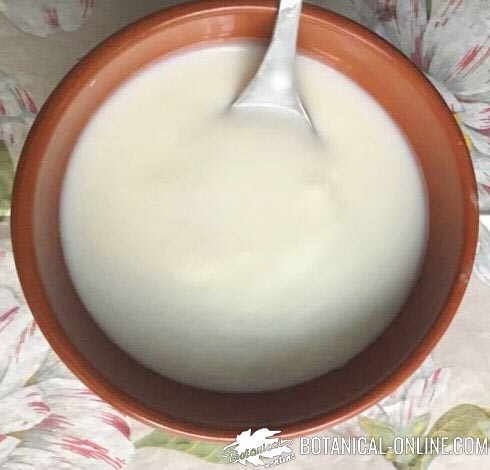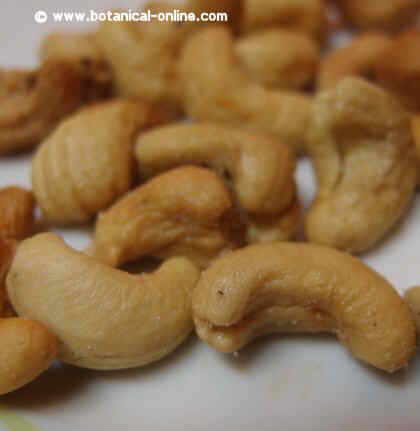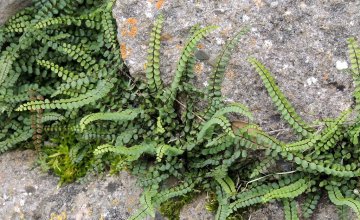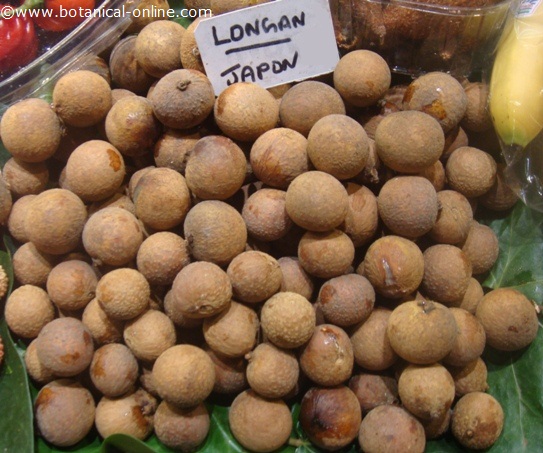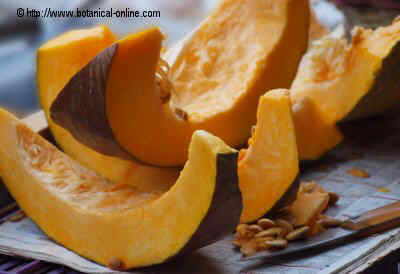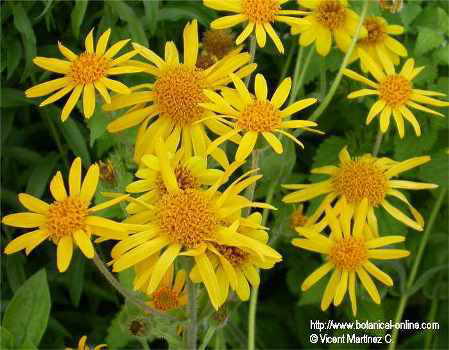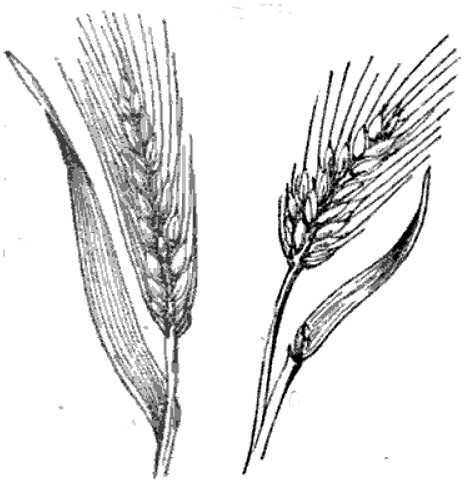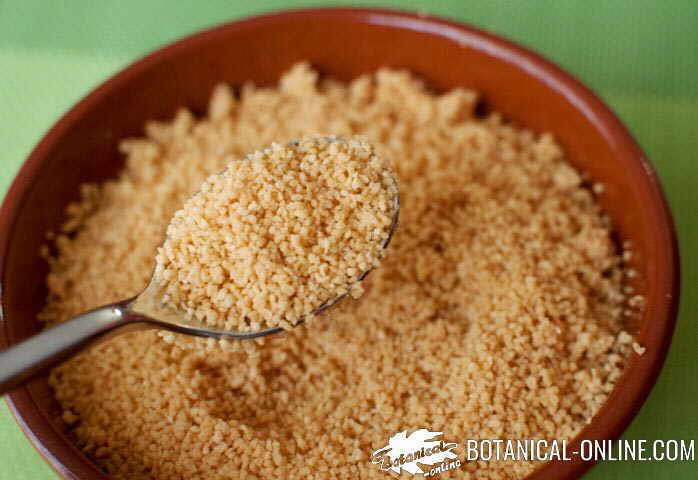Contents
What is silymarin?
Silymarin is the active ingredient of the medicinal plant milk thistle (Silybum marianum (L.) Gaertn). It is found in the seeds of the plant and in supplements or medicinal preparations of milk thistle extract (tinctures, tablets, etc.).
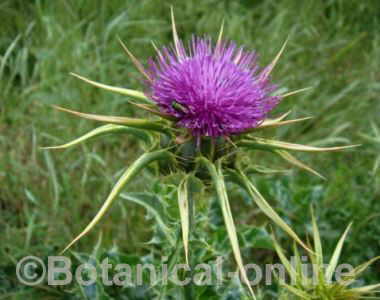
Chemically, this substance is classified within the group of flavolignans. Milk thistle contains different types of these substances: mainly silymarin (1.5 – 3% in the plant, and up to 60% of the plant extract), but it also has others such as silibinin or silybin, silicristin, silidianin and isosilibinin.
The commercial brands of medicinal plant supplements express the flavolignan content in the form of silymarin.
Silymarin properties
The main medicinal properties of silymarin (extract or active ingredient of milk thistle), are the following:
- hepatoprotective
- anticirrhotic
- digestive
- anti-inflammatory
- antioxidant
- increases glutathione levels (powerful antioxidant)
- antidiabetic
- antiviral
- anticarcinogenic
- detoxifying (stimulates liver detoxification pathways)
- apoptotic (stimulates the natural death of damaged cells)
- antitumor (inhibits the growth of cancer cells)
- slightly laxative
What other components are found in milk thistle extract?
Milk thistle extract is rich in flavolignans and flavonoids, and its content in essential fatty acids also stands out:
- 65 – 80% silymarin
- 20-35% fatty acids such as linoleic acid (omega 3)
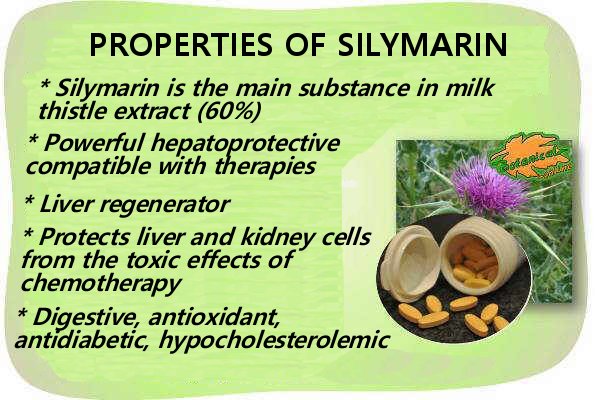
Milk thistle extract uses
The main use of this plant is as a medicine for the liver, to treat all diseases that affect this organ and help in its detoxification functions, during liver diseases, or after taking medications, exposure to chemicals, or toxins, like alcohol. It has been used for these purposes for more than 2,000 years.
Another important use of milk thistle, which is becoming very important today, is its role during cancer treatment. This plant protects liver and kidney cells from the toxic effects of chemotherapy.
It also has outstanding properties in the treatment of diabetes, obesity and all its comorbidities (cholesterol, inflammation, heart problems, etc.).
How can silymarin regenerate the liver?
Milk thistle regenerates liver cells, which improves the purifying functions of this organ and enables the plant to treat liver diseases.
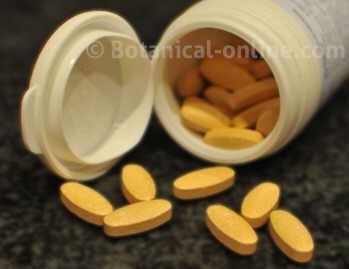
Scientific studies have proven that silymarin stimulates the metabolic processes that precede the creation of new liver cells (stimulates the synthesis of DNA or genetic material of these cells).
Due to its antioxidant properties and to increase glutathione levels, it decreases the levels of free radicals and prevents them from damaging the liver.
Nor should the anti-inflammatory effect of the plant be forgotten for the treatment of diseases such as fatty liver, where inflammation is very present.
What effects can this plant have on cancer?
The plant extract increases glutathione levels in liver cells. Glutathione is a powerful antioxidant that is used by the liver to eliminate and neutralize toxins.
In addition, it has been proven that taking milk thistle stimulates liver detoxification processes through which the body can eliminate toxic substances.
Another possible mode of action of this plant against cancer would be to stimulate apoptosis or natural death of damaged cells.
Does milk thistle infusion have these properties?
It is important to mention that milk thistle infusions have very little silymarin, because these components are poorly soluble in water.
For this reason, it is recommended to take milk thistle supplements (tablets, capsules, tinctures…) or the ground fruits, not infusions.
When buying silymarin supplements
Milk thistle must be purchased as a supplement, not in infusions.
There are many very different qualities among milk thistle supplements. These vary in their format (tinctures, tablets, capsules, seed powder…), in their composition (if they also contain other plants) and extract dose (amount of active ingredient), which determine their quality (controls of quality take into account the above parameters).
![]() More information on milk thistle
More information on milk thistle

